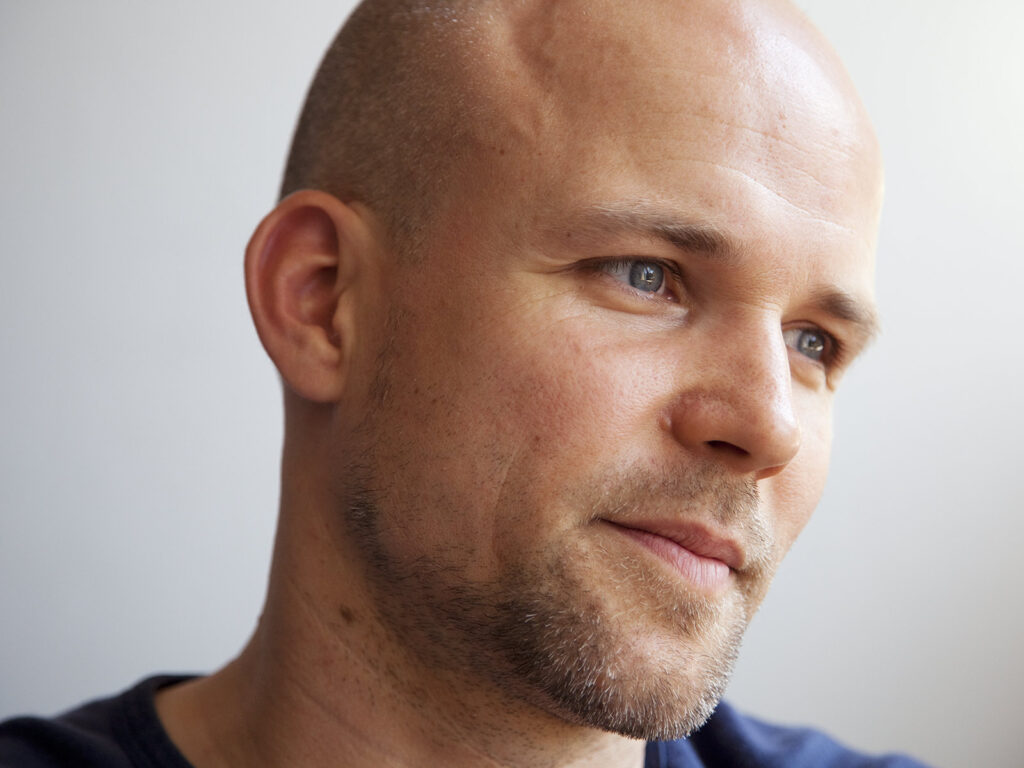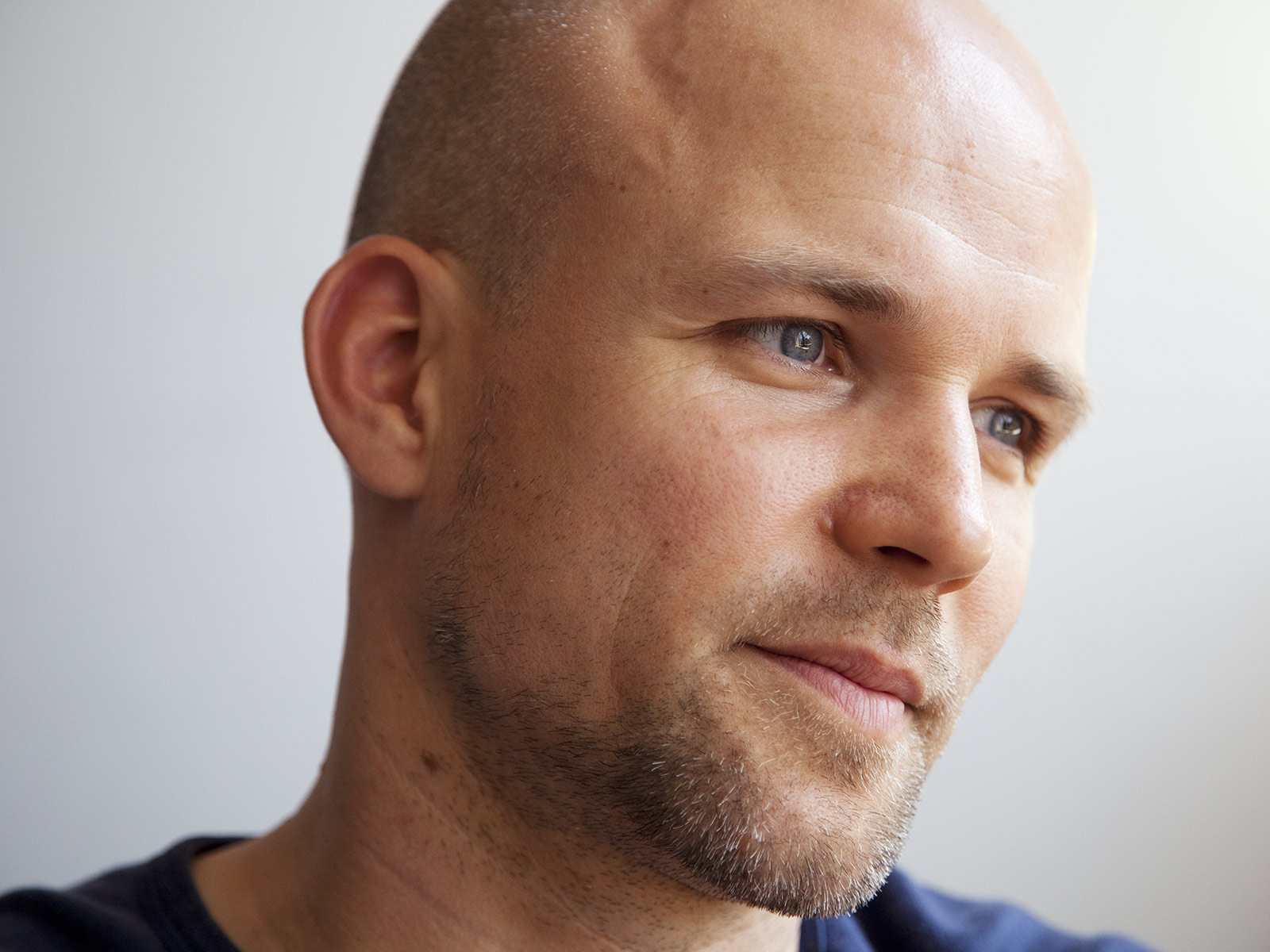
The Rise of New Daddies: Redefining Fatherhood in the 21st Century
The concept of fatherhood is undergoing a significant transformation in the 21st century. The traditional image of the distant, breadwinning father is rapidly being replaced by a new archetype: the involved, nurturing, and emotionally intelligent “new daddy.” This shift is driven by a confluence of factors, including evolving societal expectations, changing gender roles, and a growing recognition of the profound impact fathers have on their children’s development. The rise of these new daddies represents a fundamental change in the family dynamic, with far-reaching implications for both individuals and society as a whole.
Understanding the Changing Landscape of Fatherhood
Historically, fathers were often relegated to the role of financial provider, with limited involvement in childcare and emotional support. However, this model is increasingly outdated. Today, many men are actively seeking to participate more fully in their children’s lives, embracing a more hands-on and emotionally connected approach to parenting. This transition is not always easy, as it requires men to challenge traditional gender norms and develop new skills in areas such as communication, empathy, and caregiving.
The emergence of new daddies is also linked to the changing roles of women in society. As women increasingly pursue careers and achieve greater economic independence, the division of labor within the household is becoming more equitable. This allows men to take on a greater share of childcare responsibilities and to develop closer relationships with their children. Furthermore, growing awareness of the importance of fathers in children’s lives has fueled the shift towards more involved fatherhood.
Characteristics of the New Daddy
So, what exactly defines a new daddy? Several key characteristics distinguish them from their traditional counterparts:
- Active Involvement: New daddies are actively involved in all aspects of their children’s lives, from feeding and bathing to attending school events and providing emotional support. They are not just passive observers but active participants in the daily routines and milestones of their children.
- Emotional Availability: They are emotionally available and responsive to their children’s needs. They are comfortable expressing their emotions and creating a safe and supportive environment where their children feel free to share their own feelings.
- Shared Responsibility: New daddies share parenting responsibilities equally with their partners. They work together as a team to make decisions about childcare, household chores, and financial matters.
- Challenging Gender Stereotypes: They actively challenge traditional gender stereotypes and promote gender equality within their families. They encourage their children to pursue their interests and talents, regardless of gender.
- Commitment to Personal Growth: They are committed to personal growth and self-improvement. They recognize that being a good father requires ongoing learning and development.
The Benefits of Involved Fatherhood
The benefits of involved fatherhood are numerous and well-documented. Children with actively involved fathers tend to perform better academically, have fewer behavioral problems, and exhibit greater emotional resilience. They are also more likely to develop strong social skills and healthy relationships. Furthermore, involved fatherhood can have a positive impact on fathers themselves, leading to increased self-esteem, greater life satisfaction, and improved mental health. [See also: The Impact of Father Involvement on Child Development]
Studies have shown that children with involved new daddies tend to have higher IQ scores and achieve greater academic success. They also demonstrate greater empathy and emotional intelligence, which are essential skills for navigating social interactions and building healthy relationships. Moreover, involved fathers serve as positive role models for their children, teaching them important values such as responsibility, respect, and compassion.
Challenges and Obstacles
Despite the growing acceptance of involved fatherhood, new daddies still face several challenges and obstacles. One of the biggest challenges is societal expectations. Many men still feel pressure to conform to traditional gender roles, which can discourage them from fully embracing their role as caregivers. Workplace policies can also be a barrier, as many companies do not offer adequate parental leave or flexible work arrangements for fathers. [See also: Overcoming Workplace Challenges for New Fathers]
Another challenge is the lack of support and resources for fathers. Many parenting resources are geared towards mothers, leaving fathers feeling excluded or overlooked. Furthermore, some men may lack the skills and knowledge necessary to effectively care for their children. This is where parenting classes and support groups specifically designed for fathers can be invaluable.
Resources and Support for New Daddies
Fortunately, there are a growing number of resources and support systems available to help new daddies navigate the challenges of fatherhood. These resources include:
- Parenting Classes: Many organizations offer parenting classes specifically designed for fathers. These classes provide practical tips and advice on topics such as childcare, communication, and discipline.
- Support Groups: Support groups provide a safe and supportive environment where fathers can connect with other men who are facing similar challenges. These groups offer a valuable opportunity to share experiences, exchange ideas, and build a sense of community.
- Online Resources: Numerous websites and online communities offer information and support for fathers. These resources include articles, blogs, forums, and online courses.
- Books and Articles: A wealth of books and articles have been written about fatherhood, offering insights and advice from experts in the field.
The Future of Fatherhood
The rise of new daddies is a positive trend that is likely to continue in the years to come. As societal expectations continue to evolve and workplaces become more family-friendly, more men will embrace the opportunity to be actively involved in their children’s lives. This will have a profound impact on families, communities, and society as a whole. The future of fatherhood is one of greater involvement, emotional connection, and shared responsibility. The new daddies are not just changing the way fathers parent; they are changing the very definition of what it means to be a father.
The ongoing evolution of fatherhood also highlights the importance of open communication within families. Partners need to discuss their expectations and preferences regarding parenting roles and responsibilities. This collaborative approach ensures that both parents feel supported and valued in their contributions to the family. A new daddy thrives in an environment where his efforts are recognized and appreciated, leading to a more fulfilling and balanced family life. Furthermore, the involvement of new daddies can significantly reduce the burden on mothers, allowing them to pursue their own goals and aspirations while still being actively involved in their children’s lives.
As we move forward, it is crucial to continue promoting and supporting involved fatherhood. This includes advocating for policies that support working families, such as paid parental leave and affordable childcare. It also means challenging traditional gender stereotypes and promoting a more equitable division of labor within the household. By creating a more supportive and inclusive environment for fathers, we can ensure that all children have the opportunity to benefit from the love, guidance, and support of an involved father. The impact of new daddies is not just limited to the immediate family; it extends to the wider community, as these men become positive role models for other fathers and contribute to a more caring and compassionate society. The presence of new daddies signals a positive shift towards a more balanced and equitable society where both parents are equally valued and supported in their roles.
The journey of becoming a new daddy is a continuous learning process, filled with both joys and challenges. By embracing the opportunity to be actively involved in their children’s lives, men can create stronger families, happier children, and a more equitable society. The rise of new daddies is a testament to the evolving nature of family dynamics and the growing recognition of the profound impact fathers have on their children’s well-being. The concept of new daddies is here to stay, shaping the future of families for generations to come.

